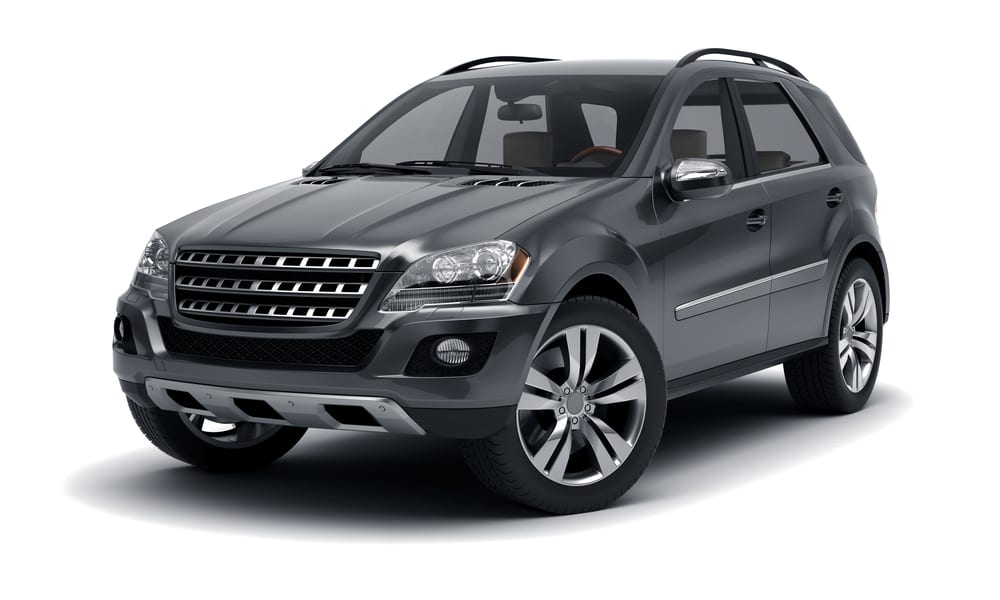Well-Priced and Built to Last: SUV Brands Gaining Attention
SUV brands that are both well-priced and built to last are gaining attention for good reason. These vehicles offer a strong blend of durability, performance, and everyday practicality—making them appealing to drivers who value long-term reliability without overspending.

Which SUV brands are known for their durability?
When it comes to durable SUV models, certain brands consistently rise to the top. Toyota and Subaru have long been associated with reliability and longevity. The Toyota 4Runner and Subaru Forester, for example, are renowned for their ability to withstand years of use with minimal issues. Honda’s CR-V and Pilot models also boast impressive durability records, often lasting well beyond the 200,000-mile mark with proper maintenance.
Another contender in the realm of long-lasting vehicle brands is Lexus, Toyota’s luxury division. The Lexus RX series, in particular, has garnered praise for its combination of refined features and enduring build quality. These brands have built reputations on producing vehicles that can withstand the test of time, making them attractive options for those seeking durable SUVs.
What factors contribute to an SUV’s longevity?
Several key factors play into an SUV’s ability to stand the test of time. First and foremost is the quality of materials used in construction. SUVs built with high-grade steel and aluminum tend to resist wear and tear more effectively. Additionally, advanced rust-proofing techniques contribute significantly to a vehicle’s longevity, especially in regions prone to harsh winter conditions.
Engine design also plays a crucial role. SUVs equipped with tried-and-true powertrains, often featuring simpler, naturally aspirated engines, tend to have fewer complications over time compared to more complex turbocharged systems. Regular maintenance, of course, is vital in extending any vehicle’s lifespan. Brands that prioritize easy-to-service designs and readily available parts contribute to an SUV’s overall longevity.
How do value-focused SUVs balance affordability and quality?
Value-focused SUVs achieve the delicate balance between affordability and quality through strategic design and manufacturing choices. Manufacturers like Kia and Hyundai have made significant strides in this arena, offering vehicles like the Kia Telluride and Hyundai Palisade that provide upscale features and solid build quality at competitive price points.
These brands often leverage economies of scale, shared platforms across their lineups, and efficient production processes to keep costs down without compromising on quality. They may also prioritize essential features over luxury add-ons, focusing on what matters most to the average consumer: reliability, safety, and practical functionality.
What are some attention-worthy SUV picks for budget-conscious buyers?
For budget-conscious buyers seeking attention-worthy SUV picks, several models stand out. The Mazda CX-5 has gained recognition for its upscale feel and reliable performance at a modest price point. Similarly, the Honda HR-V offers a compact yet versatile option that doesn’t skimp on quality or features.
In the midsize category, the Chevrolet Traverse presents a compelling choice, offering ample space and a comfortable ride without the premium price tag of some competitors. For those needing more rugged capabilities, the Jeep Cherokee strikes a balance between off-road prowess and everyday usability, all while maintaining a competitive price.
What unique features set apart durable and value-focused SUVs?
Durable and value-focused SUVs often boast unique features that set them apart from their counterparts. Many of these vehicles come with extended warranties, reflecting the manufacturer’s confidence in their longevity. For instance, Kia and Hyundai offer industry-leading 10-year/100,000-mile powertrain warranties on many of their models.
Another standout feature is the inclusion of advanced safety systems as standard equipment, even on base models. This approach not only enhances the vehicle’s value proposition but also contributes to its long-term viability by reducing the risk of accidents. Additionally, many of these SUVs incorporate modular designs that simplify repairs and maintenance, further enhancing their long-term value and durability.
How do these SUV brands compare in terms of features and reliability?
When comparing these SUV brands in terms of features and reliability, it’s important to consider various factors that contribute to overall value and longevity. Here’s a comparison of some notable brands and models:
| Brand/Model | Key Features | Reliability Rating | Long-Term Value |
|---|---|---|---|
| Toyota RAV4 | Standard Safety Suite, Hybrid Option | Excellent | High |
| Honda CR-V | Spacious Interior, Fuel Efficiency | Very Good | High |
| Subaru Forester | All-Wheel Drive, Off-Road Capability | Very Good | High |
| Mazda CX-5 | Upscale Interior, Sporty Handling | Good | Medium-High |
| Hyundai Tucson | Long Warranty, Tech Features | Good | Medium-High |
| Kia Sportage | Stylish Design, Feature-Rich | Good | Medium-High |
Prices, rates, or cost estimates mentioned in this article are based on the latest available information but may change over time. Independent research is advised before making financial decisions.
In conclusion, the SUV market is seeing a shift towards brands that offer both durability and value. These attention-worthy SUV picks are gaining traction among consumers who prioritize long-term reliability without sacrificing affordability. By focusing on quality construction, practical features, and competitive pricing, these manufacturers are setting new standards in the automotive industry. As the market continues to evolve, these value-focused and durable SUV models are likely to remain at the forefront of consumer preferences.




